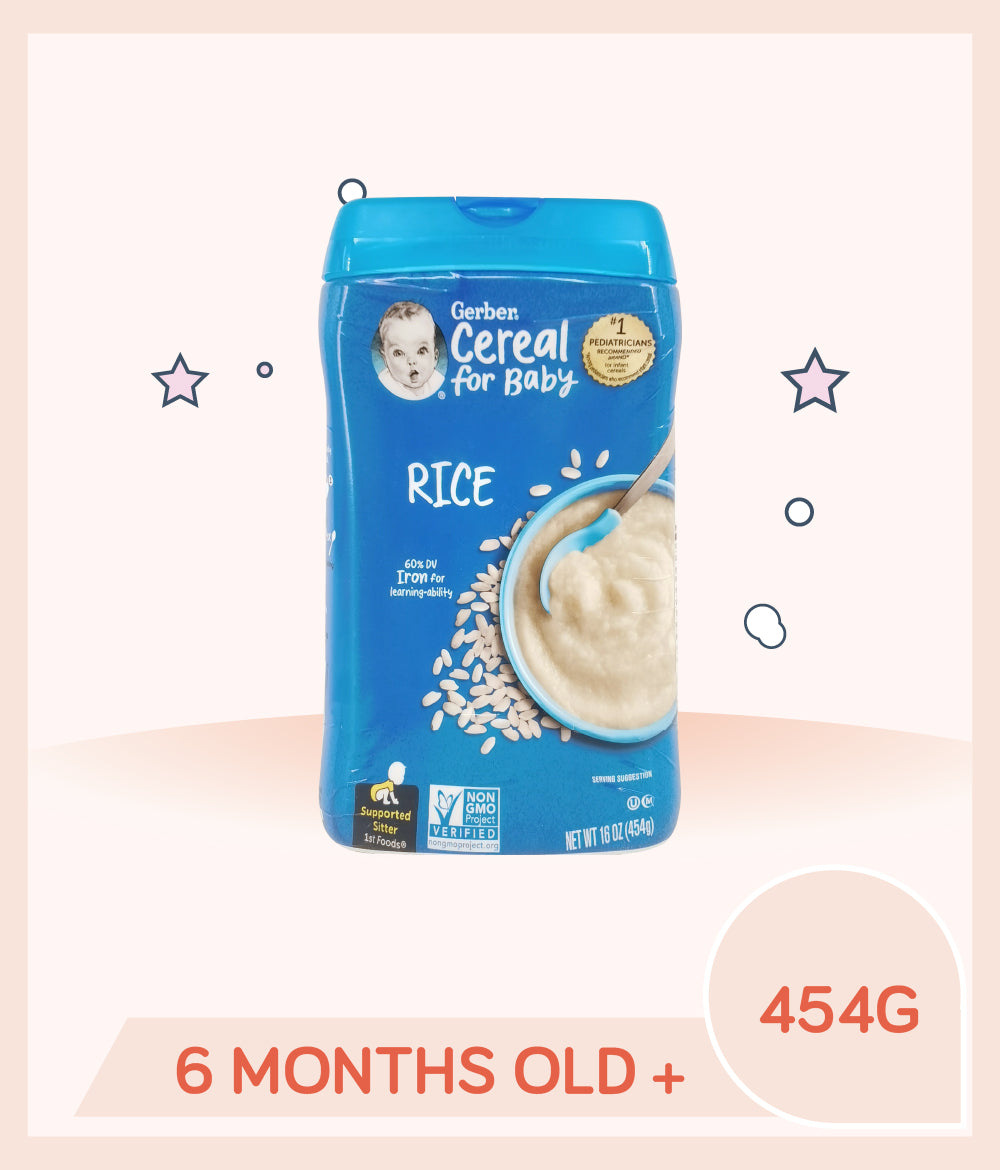Breastfeeding increase nutritional demands on moms, making it essential to consume a well-balanced diet that supports both their own health and their child’s development. While there are no strict dietary rules, incorporating a variety of nutrient-rich foods can enhance energy levels, promote milk production, and contribute to overall well-being. Let’s take a closer look at the best foods to eat and those to limit while breastfeeding.

What Foods Should Breastfeeding Moms Eat?
Breastfeeding uses a lot of energy, making it essential for moms to consume nourishing foods that provide healthy carbs, fats, and proteins. Instead of stressing over every meal, consider each meal and snack as an opportunity to include a variety of nutrient-rich options. Here are some excellent choices:
- Protein: Helps repair tissues and supports milk production. Examples: lean meats, eggs, tofu, and legumes
- Healthy Fats: Essential for brain development in babies. Examples: avocados, nuts, seeds, olive oil, and fatty fish (like salmon and sardines).
- Whole Grains: Provides sustained energy and fiber. Examples: brown rice, quinoa, oats, and whole wheat bread.
- Fruits & Vegetables: Packed with vitamins and minerals to keep you healthy and aid digestion.
- Calcium-Rich Foods: Supports bone health. Examples: dairy products, fortified plant-based milk, and leafy greens.
To make it easier to stay nourished while breastfeeding, keep quick and nutritious snacks on hand, such as:
- Nuts
- Hardboiled eggs
- Whole grain crackers and hummus
- Low-fat Greek yogurt
- Oatmeal with berries
- Apples with peanut butter

What Foods Should Breastfeeding Moms Avoid?
While there is no strict list of foods to avoid, some items may impact your newborn’s comfort or health. Here are a few to be mindful of:
- Alcohol: Occasional moderate drinking (such as a standard glass of wine or beer) is generally safe, but timing is crucial. Alcohol stays in your system for 2-3 hours per drink, so plan accordingly if you choose to indulge.
- Caffeine: High caffeine intake may cause irritability or restlessness in some newborns. Consider limiting coffee, tea, and energy drinks, especially before feeding. If it is a necessity, try to go for decaffeinated coffee or tea.
- Spicy Foods: Although it might seem to be not harmful, some little ones may have sensitive stomachs. If you notice discomfort, try cutting back.
- Gassy Foods: Foods like broccoli, Brussels sprouts, cabbage, and beans may lead to gassiness in you or your child. Observe how they react before eliminating entirely.
Breastfeeding moms don’t need to follow a rigid diet but maintaining a well-balanced and varied diet can boost energy and ensure both you and your newborn get essential nutrients. Pay attention to how certain foods affect your little one, stay hydrated, and enjoy this special bonding time with your child. By making mindful choices, you can nourish both yourself and your little one without unnecessary stress.
Pro tip: Eating a diverse diet while breastfeeding can subtly influence the taste of your breast milk. This exposure to different flavours may help your child become more accepting of solid foods in the future.
References:
Gerber (2024) Five Things to Know About Fueling Yourself and Your Baby While Breastfeeding. Available at: https://www.gerber.com/parenttalk/five-things-to-know-about-fueling-yourself
Mayo Clinic (2024) Breastfeeding nutrition: Tips for moms. Available at: https://www.mayoclinic.org/healthy-lifestyle/infant-and-toddler-health/in-depth/breastfeeding-nutrition/art-20046912
Diane, L. (2024) Diet for Breastfeeding Mothers. Available at: https://www.chop.edu/centers-programs/breastfeeding-and-lactation-program/diet-breastfeeding-mothers
















Leave a Reply